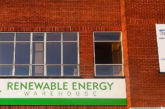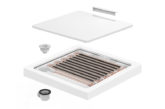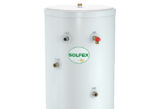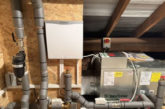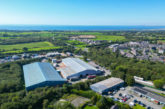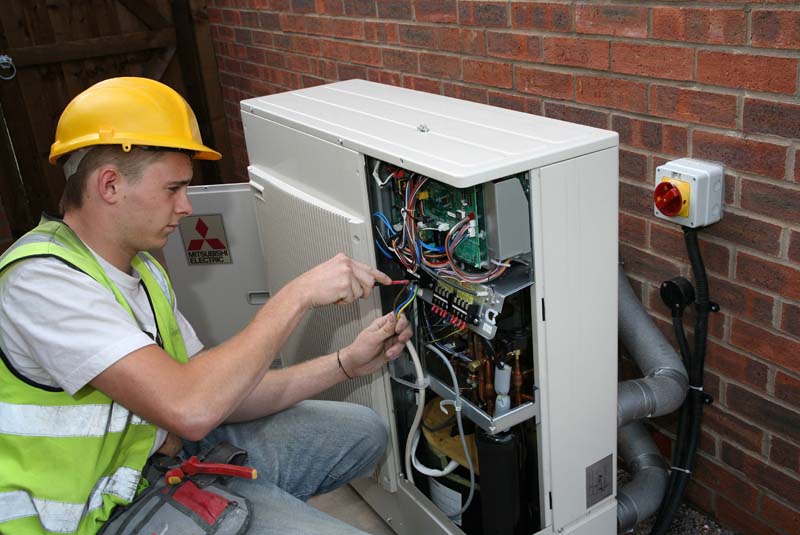
Mitsubishi Electric highlights why a closer look at the renewables market is essential for installers.
You may have noticed we’ve carried articles about renewable heating for some time now and there’s a simple reason behind this. The traditional methods of heating are changing, with the Government predicting sales of renewable heat pumps reaching a million a year by 2030.
As a nation, we have to find different ways of heating our homes than the current ‘norm’ of gas or oil, which are too carbon intensive for the planet to sustain, and they also leave the country hostage to imports from areas such as Russia or the volatile Middle East. Whilst sales of gas boilers still dwarf all other forms of heating at the moment, this will change and probably quicker than we expect.
Everyone is becoming increasingly aware of the harm that modern life is having on our planet, so we will see more of a public move against high carbon systems. This is already happening in other areas affecting the environment and if you’ve have been following the news in the past few months, then you’ll have seen the huge interest in plastic waste following programmes like David Attenborough’s Blue Planet. The debate has already moved on from plastic bags, water bottles, and even cotton buds, to encompass that modern essential – takeaway coffee.
Look also at the increased interest in electric and hybrid cars after diesel became a major news story, with particulate pollution taking over from the ‘pollution’ from petrol vehicles. We’ve seen a major rise in hybrid vehicles to almost 120,000 last year.
Slowly but surely the public mood is changing away from gas and oil and, parallel to this, legislation is now focusing on clear labels to indicate the energy efficiency of buildings and the equipment used in those buildings, which will drive the need for low carbon heating from another angle. The Government has already recognised renewable heating as essential to helping us achieve the ambitious carbon reduction targets, with air source heat pumps seen as the primary technology.
The way we generate electricity is changing and we are now producing more ‘green’ energy, more quickly than expected. This makes the argument against gas and oil stronger because the cleaner electricity production becomes, then carbon emissions from using renewable systems like heat pumps become zero.
Whilst it will be possible to carry on as ‘normal’ and fit the same old systems that you’ve always fitted, what are you going to do when the rest of the world has moved on?




